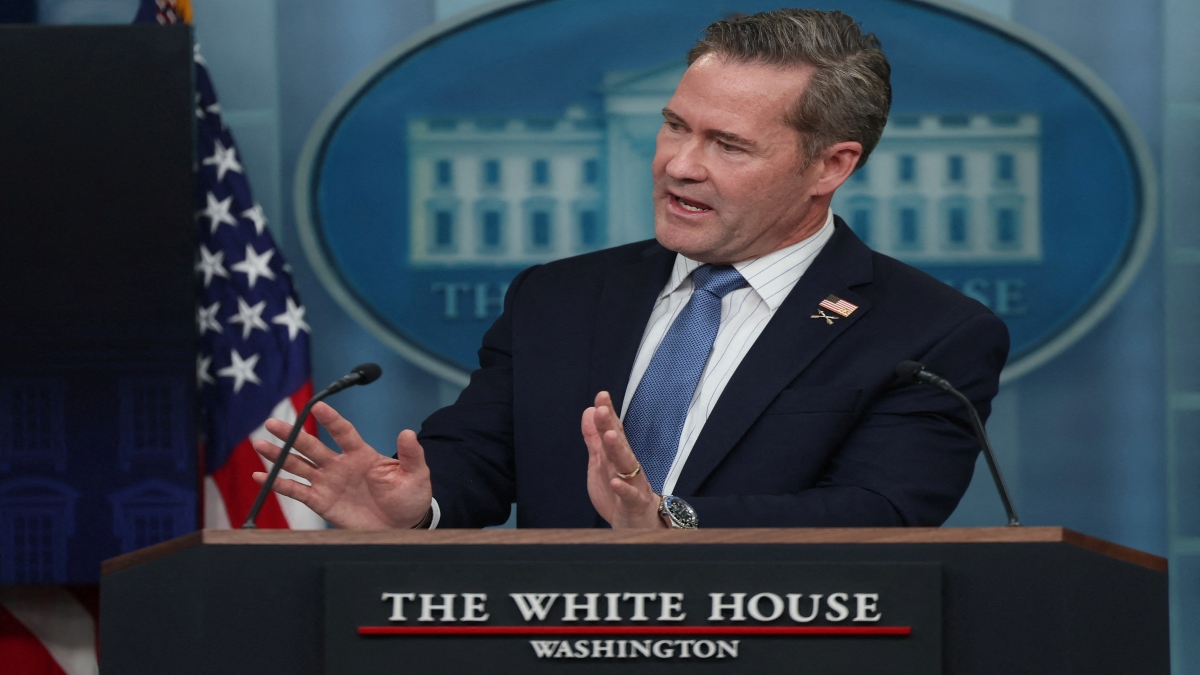The team of President Donald Trump’s National Security Adviser Mike Waltz set up at least 20 group chats on the commercial Signal app to coordinate official work on issues involving China, Gaza, Middle East policy, Africa and Europe, according to a report, citing four people who have been personally added to Signal chats.
According to a Politico report, two of the people said they were in or have direct knowledge of at least 20 such chats. All four said they saw instances of sensitive information being discussed.
This indicates a broader use of the app than previously known and reveals the extent to which the Trump administration’s national security team relies on Signal, a publicly available messaging platform, for their communications, added the report.
“Waltz built the entire NSC communications process on Signal,” Politico quoted one of the people as saying. All four were granted anonymity because they were not authorised to publicly discuss the private chats.
Veteran national security officials have cautioned that this practice may violate regulations designed to protect sensitive national security information from foreign adversaries, as well as federal recordkeeping laws if the chats are deleted automatically.
“It was commonplace to stand up chats on any given national security topic,” one of the people involved in the chats told Politico, adding that the groups often included Cabinet members and high- level staff.
NSC spokesperson Brian Hughes said that Signal is not prohibited on government devices and that some agencies automatically install it on employees’ phones. He emphasised that officials have utilised the app during both the Biden and Trump administrations.
Impact Shorts
More Shorts“It is one of the approved methods of communicating but is not the primary or even secondary, it is one of a host of approved methods for unclassified material with the understanding that a user must preserve the record,” Politico quoted Hughes as saying.
“Any claim of use for classified information is 100 percent untrue,” he added.
None of the four individuals said they were aware of whether any classified information was shared, but all said that posts in group chats did include sensitive details of national security work.
With inputs from agencies
)